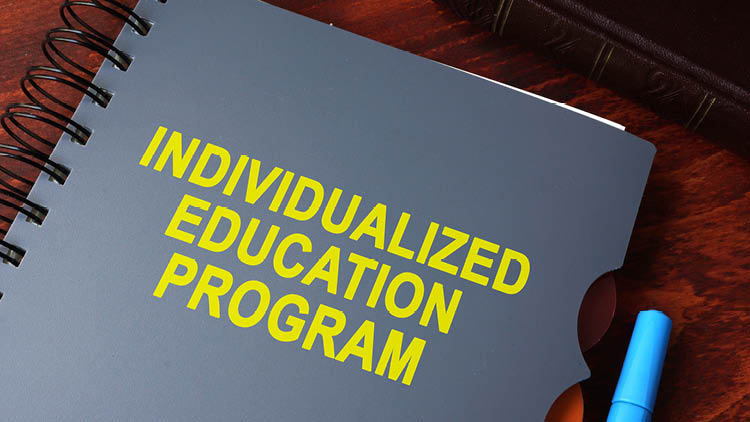For many parents of students with disabilities, last spring’s sudden interruption of schooling was a disaster. Cut off from teachers and forced to go without essential special education services, parents saw years of social and academic progress slip away.
For many, this fall hasn’t been much better. Health, safety, and reopening have become all-consuming for school leaders, and special education has been treated like an afterthought. Parents of students with disabilities continue to face uncertainty, a lack of communication, and ongoing interruptions in services that allow their children to participate in school.
As a parent and a researcher, I know that special education is hard to do well even in the best of times. I’ve seen how the pandemic has made life harder for parents and educators in the school systems we study, and in my own home.
But I’ve also seen a few critical ingredients that have helped schools make the most of a bad situation. The first is a commitment to individualized problem-solving. Schools that do special education effectively tend to view every child as an individual, whether they have a disability or not. And they tailor solutions to that child.
We saw this principle in action during a recent deep dive into special education in charter schools, and again in a follow-up study we conducted to see how schools are faring during the pandemic.
One charter school in our sample, for example, told us how they individualized a plan to keep one particular student engaged. The student and special educator had an existing relationship and were able to individualize a solution: the student would work independently in a virtual breakout room and the special educator would check in often to answer questions and to keep the student motivated.
During this pandemic, individualized problem-solving has never been more critical—for students with disabilities, but also for all students. The schools we studied identified students who needed additional mental health support during the pandemic. Other students have faced gaps in internet access or other barriers to learning remotely. School systems all over the country are working to identify and address learning gaps.
Individualized problem-solving must rest on a foundation of trust and communication. When I talk with professionals about my special education efforts as a parent, a lightbulb flashes when I refer to the team responsible for my son’s individualized education program as we: We figured out a new accomodation plan that helped us adapt to remote learning.
It’s not a team of educators who decided what special education services my son required, and then handed us a piece of paper to sign. It’s a team that treats me as a full partner in figuring out what my son needs. This partnership was essential before the pandemic. It’s never been more critical.
Starting last spring, parents across the country got a firsthand glimpse of what learning looked like for their students, and how teachers interacted with them. Many parents—especially those whose children needed extra support to participate in school—have been thrust into a new role as paraeducators.
This new knowledge helps parents advocate for their children’s needs in ways they couldn’t before. Parents can and should be initiating frequent communication with their IEP teams and urging the teams to remain flexible in approaches to problem-solving.
The Individuals with Disabilities Education Act (IDEA) requires parents to have input about the goals and accommodations schools will set for their children. But the parent partnership envisioned by IDEA is still not consistent with practice—even though a strong collaborative relationship between teachers and parents is essential to effective special education.
Because I have a trusting relationship with the other adults on my son’s IEP team, I can tell them that the five assignments that are due today simply aren’t going to work. I can let them know that the Zoom camera won’t be on today. And we can work together to figure out what will be possible, and what will keep him engaged and learning.
Any school can build stronger partnerships with parents that improve special education outcomes. But it takes time and resources. The schools we studied often prioritized communication. They planned a “soft start” to their remote learning endeavors last spring, or reopening this fall, so students and families could adjust to new routines. They treasured collaboration and communication, and prioritized these values.
We must make sure that the full intent of parent partnership in IDEA is put into practice. It is not enough to just invite parents to IEP meetings. This year has brought to light how important parents are to IEP teams and how constant collaboration is critical to meeting students’ needs. Schools should embrace the increased role of parents in supporting learning, and ensure it continues after the pandemic.




